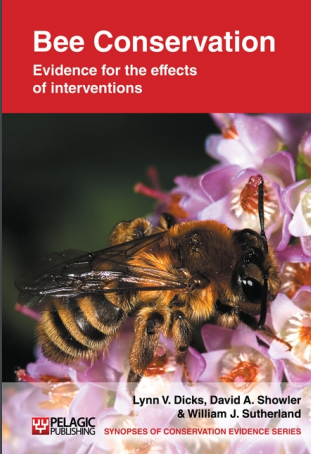Introduce mated females to small populations to improve genetic diversity
-
Overall effectiveness category Awaiting assessment
-
Number of studies: 1
View assessment score
Hide assessment score
How is the evidence assessed?
-
Effectiveness
not assessed -
Certainty
not assessed -
Harms
not assessed
Study locations
Supporting evidence from individual studies
Carvalho (2001) established a small isolated population of the Brazilian stingless bee Melipona scutellaris, based on 22 wild-collected colonies. She introduced between three and 13 inseminated queens each year over four consecutive years, and found that the small population retained diversity in its sex allele over nine years. It did not increase its production of sterile diploid males or collapse to extinction, as might have been expected. Carvalho recommends exchange of inseminated queens between beekeepers as a way to ensure the survival of small meliponiaries.
Study and other actions tested
Where has this evidence come from?
List of journals searched by synopsis
All the journals searched for all synopses
This Action forms part of the Action Synopsis:
Bee Conservation
Bee Conservation - Published 2010
Bee Synopsis





)_2023.JPG)














